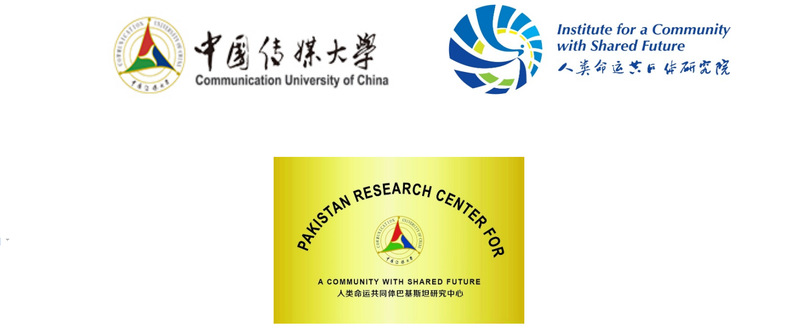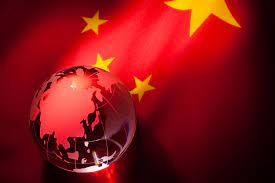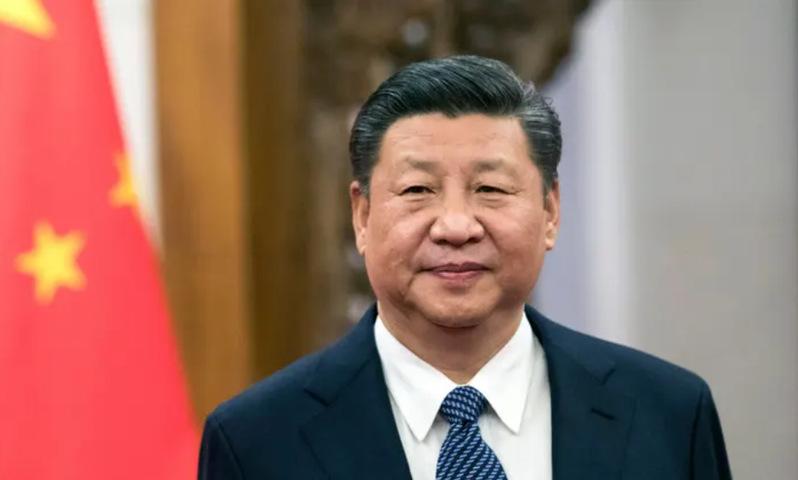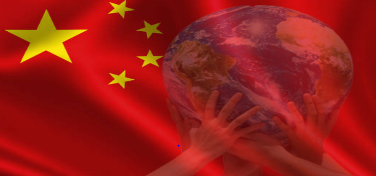

By Ms. Maryam Raza, Deputy Director,
Pakistan Research Center for a Community with Shared Future, Communication University of China (CUC), Beijing, China
Published on 31st May 2022
In the 21st Century, emerging Non-traditional Security Challenges have been impacting the socioeconomic fabrics of societies as well as national security. The world has witnessed a drastic change due to the Covid-19 pandemic. The Coronavirus has brought profound changes in the global economic system and people’s lives. For the first time in the recent three decades, the Human Development Index has been set back, and in 2020, many developing states, along with millions of people, have been engulfed by poverty, social disruption, and economic downturns. These global challenges call for global cooperation with a robust plan for sustainable development. Under these transformations, China has rightly felt the need to introduce grand visions and robust plans for people around the globe. In this aspect, President Xi Jinping proposed the Global Development Initiative (GDI) at the 76th session (September 2021) of the United Nations General Assembly. GDI has been introduced by realizing the impacts of COVID-19, the development needs of less developed countries, and the importance of green recovery amid the challenges of environmental degradation and climate change.

President Xi Jinping incorporated the goals of GDI with Sustainable Developments Goals. It is a clear manifestation that China will be working to assist the global community and United Nations in achieving the SDGs till 2030 through the GDI. It is expected that GDI will help to mitigate inequality and assist in realizing the dream of development by adhering to the principles of ecological civilization. China’s commitment to SDGs and global norms is a sign of satisfaction for the aspirants of globalization based on emancipation. The analysis of GDI shows that it is a well-designed initiative to cater to the most urgent needs of the world. In this aspect, the following are the key areas of cooperation:
a. Poverty alleviation
b. Food security
c. COVID-19 response and progress in global vaccines efforts
d. Financial stability
e. Climate change/green development
f. Industrialization
g. Digital economy and connectivity.
China Advancing the Mutual Beneficial Cooperation:
The international balance of power has seen profound change, with emerging markets and a large number of developing countries growing apace and gaining international outreach in what is the most revolutionary shift in the balance of international power since the dawn of modern times. For centuries, different world powers contended for interests and supremacy through war, colonialism, and influence. But these methods are gradually evolving, and countries balance their relationships and interests through new rules and mechanisms. Today, attending to global affairs increasingly demands joint discussions among countries. The majority of countries commonly recognize that what we need is the establishment of a global system with cooperation to pursue justice, quality, and peace.

Under this discussion, it has been clear that Chinese President Xi Jinping has always adopted a wise and rational policy to assist the developing world. Thus, it is important to understand China’s foreign policy in the new era as well as highlight grand projects for global assistance, i.e., the Global Development Initiative (GDI). These projects are significant in promoting multilateralism and multi-stakeholder solutions to global challenges. The eight priority areas of GDI define a roadmap for achieving UN Sustainable Development Goals(SDGs) by 2030. GDI complements 17 SDGs and will help to attain common goals.
An ancient Chinese philosopher said, “Be benevolent, principled, loyal, and true to one's word; be untiring in one's willingness to help.” China has set a great example of friendship, a sense of responsibility, and trustworthiness. The Chinese culture has always incorporated the fine traditions of helping other countries. The grand initiatives, i.e., BRI, building a community with shared future, dialogue of civilization, and GDI, clearly manifest President Xi Jinping’s innovative strategies to enhance global cooperation and development.
The people-centered development philosophy is not an abstract concept or something that's never implemented. Upholding such a profound philosophy, the GDI will stimulate people's welfare and global prosperity. It will promote joint collaboration, information sharing, solidarity, human rights, and sustainable development in defined eight areas and beyond.

A multilateral approach is a foundational requirement to resolve the challenges and difficulties of global security, economic and social development. Constant communication vis-à-vis systematic dialogue process and exchange of ideas are necessary for the current environment. Under GDI, prospects for revitalizing global development with a peaceful approach are high. Thereby, all states must join hands to cope with global threats and promote the building of a community with a shared future for mankind under China’s Global Development Initiative.
The article was originally published by Pakistan Research Center for a Community with Shared Future (PRCCSF)
To view, see the links below:
Website @PRCCSF:https://prccsf.com/paper/pdf/A-Journey-towards-Shusha-the-Cultural-Capital-of-Modern-Azerbaijan.pdf
Facebook: https://www.facebook.com/102214129094936/posts/128034093179606/
Twitter: https://twitter.com/prccsf/status/1525065113362890753?t=4yEDZW7Bg729iKFvpcnziA&s=19
